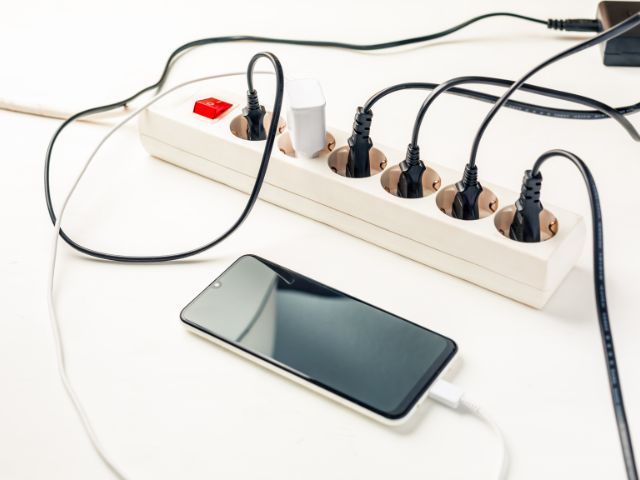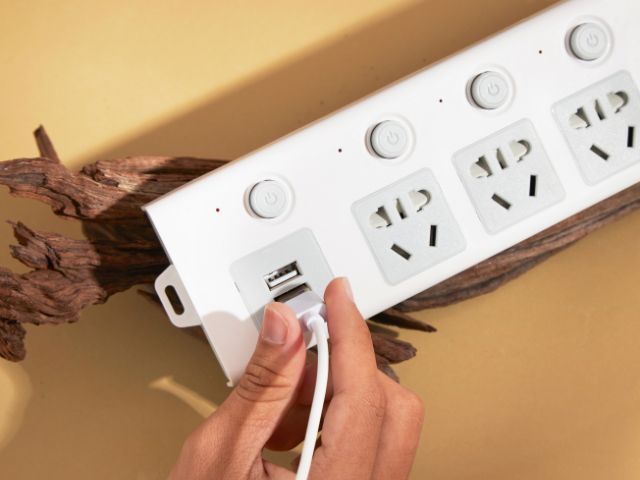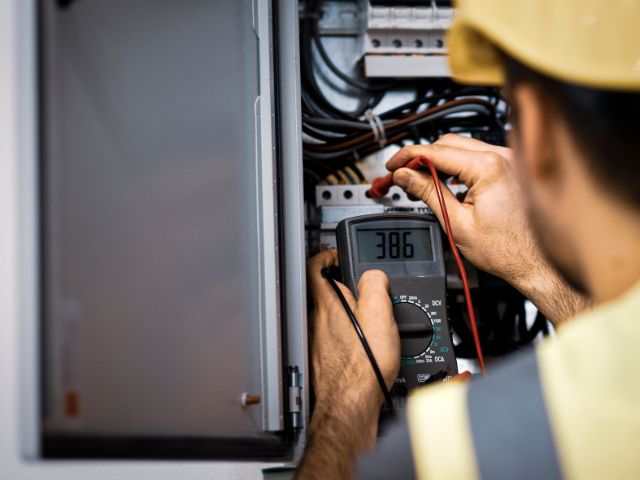Electricity powers our homes, but without the right precautions, it can pose serious risks. Faulty wiring, overloaded circuits, and outdated electrical systems can lead to fires, shocks, or costly damage. That’s why understanding home electrical safety tips is essential for every homeowner. By taking proactive steps like inspecting your outlets, using surge protectors, and ensuring proper grounding, you can protect your family and property. Let’s explore key electrical safety practices to keep your home secure and running efficiently.
Understanding the Importance of Electrical Safety

Every year, numerous household fires are attributed to faulty wiring, electrical malfunctions, or user errors. Ensuring electrical safety in your home not only prevents accidents but also enhances the longevity of your appliances and devices. Being proactive about safety measures can save lives and protect valuable assets.
Inspect and Maintain Electrical Wiring Regularly
Faulty or outdated wiring is a significant cause of electrical fires and power outages. It’s crucial to conduct regular inspections and maintenance to ensure all wiring systems are in optimal condition. Look for warning signs such as:
- Flickering lights
- Burning smells near outlets or switches
- Frequently tripped circuit breakers
- Warm or discolored outlets
If you notice any of these signs, contact a licensed electrician immediately. Never attempt to fix complex wiring issues on your own. Professional assessments and repairs are essential to ensure safety, compliance with current building codes, and reliable electrical services.
Replace Damaged Electrical Cords Promptly
Frayed or damaged cords are hazardous and should never be overlooked. Regularly inspect all power cords for signs of wear and tear. Replace them immediately if you detect:
- Cracks or exposed wires
- Loose connections
- Melted or discolored insulation
Using damaged cords can result in electrical shocks, short circuits, or fires. When disposing of old cords, ensure they are properly recycled to avoid environmental harm.
Avoid Overloading Power Outlets
Overloading electrical outlets is a common mistake that can lead to overheating and fire hazards. Follow these precautions to avoid overloading:
- Plug only one high-wattage appliance into an outlet at a time.
- Use power strips with built-in surge protection.
- Distribute devices across multiple outlets rather than relying on a single power source.
Understanding your home’s electrical capacity and balancing the load accordingly is essential for long-term safety.

Install Arc Fault Circuit Interrupters (AFCIs)
AFCIs provide enhanced protection against electrical fires by detecting arc faults—dangerous electrical discharges caused by damaged or deteriorating wires. Unlike standard circuit breakers, AFCIs are designed to shut off power before a fire can ignite. Ensure AFCIs are installed in:
- Bedrooms
- Living rooms
- Kitchens
- Home offices
Consult a licensed electrician for proper installation and testing of AFCIs throughout your home.
Keep Electrical Devices Away from Water
Water and electricity are a lethal combination. Always keep electrical devices away from water sources and follow these guidelines:
- Never touch electrical appliances with wet hands.
- Avoid placing devices near sinks, bathtubs, or pools.
- Store outdoor electrical tools in dry, secure areas.
Implementing these precautions can significantly reduce the risk of electrocution or other severe injuries.
Educate Your Family About Electrical Safety
Educating your family, especially children, about the potential dangers of electricity is vital. Encourage safe practices such as:
- Avoiding the insertion of objects into outlets.
- Not tampering with electrical devices or cords.
- Understanding how to safely unplug appliances.
Consider installing tamper-resistant outlets to protect curious children from potential hazards.
Use the Right Wattage for Lighting Fixtures
Installing bulbs with wattage higher than recommended can cause overheating, potentially resulting in fires. Always adhere to manufacturer specifications when replacing light bulbs. If a fixture does not list a recommended wattage, use bulbs rated at 60 watts or below.
Additionally, consider upgrading to LED lighting, which is safer, more energy-efficient, and less likely to overheat.
Ensure Proper Use of Extension Cords
Extension cords are convenient but should not be used as permanent solutions. Follow these guidelines for safe usage:
- Avoid running cords under rugs or furniture.
- Do not connect multiple extension cords together.
- Only use heavy-duty, outdoor-rated cords for exterior use.
If you find yourself relying on extension cords regularly, consider upgrading your home’s electrical system to accommodate additional outlets.

Schedule Professional Inspections
Regular professional inspections are essential for maintaining a safe electrical system. Licensed electricians can identify issues that may go unnoticed during routine maintenance. Ideally, homeowners should schedule inspections:
- Every 3–5 years for newer homes
- Annually for older homes or homes with outdated wiring systems
Professional assessments ensure compliance with safety standards and reduce the risk of hazardous malfunctions. Investing in residential electrical services for routine inspections helps safeguard your home from potential electrical hazards while keeping your system up to code.
Have a Safety Plan for Emergencies
Preparation is crucial in the event of an electrical emergency. Develop a plan that includes:
- Knowing how to shut off the main power supply.
- Having fire extinguishers accessible and in working order.
- Teaching family members how to safely respond to electrical emergencies.
Creating a well-rehearsed safety plan ensures everyone in your household knows how to react promptly and effectively. In situations where the risk is too high to handle alone, seeking emergency electrical services can prevent further hazards and ensure your home remains safe.
Conclusion
Implementing these essential electrical safety tips for homeowners will help you protect your property and loved ones from potential hazards. From routine inspections and professional maintenance to ensuring the correct use of devices and outlets, prioritizing electrical safety is a responsibility every homeowner should take seriously. For reliable assistance, consider reaching out to the Electricians Service Team for comprehensive electrical services and expert advice.
FAQs
Newer homes should undergo inspections every 3–5 years, while older homes with outdated wiring should be checked annually by a licensed electrician.
Frequent tripping may indicate an overloaded circuit, faulty wiring, or a malfunctioning appliance—consult a professional electrician to diagnose and resolve the issue.
No, extension cords should only be used as temporary solutions; if you frequently rely on them, consider installing additional outlets.
Signs like flickering lights, burning smells, discolored outlets, or frequent breaker trips indicate potential wiring issues requiring immediate professional assessment.
GFCIs prevent electrical shocks in moisture-prone areas, while AFCIs detect and stop arc faults to prevent electrical fires, enhancing home safety.





